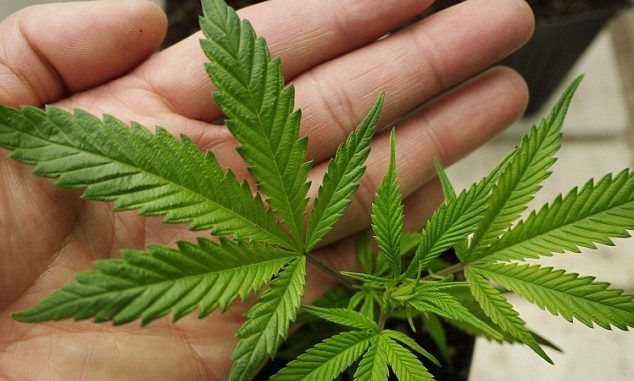
‘NEW YORK (Reuters Health) – Researchers aren’t sure why, but in the 23 U.S. states where medical marijuana has been legalized, deaths from opioid overdoses have decreased by almost 25 percent, according to a new analysis.
“Most of the discussion on medical marijuana has been about its effect on individuals in terms of reducing pain or other symptoms,” said lead author Dr. Marcus Bachhuber in an email to Reuters Health. “The unique contribution of our study is the finding that medical marijuana laws and policies may have a broader impact on public health.”
California, Oregon and Washington first legalized medical marijuana before 1999, with 10 more following suit between then and 2010, the time period of the analysis. Another 10 states and Washington, D.C. adopted similar laws since 2010.

BYPASS THE CENSORS
Sign up to get unfiltered news delivered straight to your inbox.
You can unsubscribe any time. By subscribing you agree to our Terms of Use
For the study, Bachhuber, of the Philadelphia Veterans Affairs Medical Center and the University of Pennsylvania, and his colleagues used state-level death certificate data for all 50 states between 1999 and 2010.
In states with a medical marijuana law, overdose deaths from opioids like morphine, oxycodone and heroin decreased by an average of 20 percent after one year, 25 percent by two years and up to 33 percent by years five and six compared to what would have been expected, according to results in JAMA Internal Medicine.
Meanwhile, opioid overdose deaths across the country increased dramatically, from 4,030 in 1999 to 16,651 in 2010, according to the Centers for Disease Control and Prevention (CDC). Three of every four of those deaths involved prescription pain medications.
Of those who die from prescription opioid overdoses, 60 percent have a legitimate prescription from a single doctor, the CDC also reports.’
Read More: Prescription painkiller deaths fall in medical marijuana states

